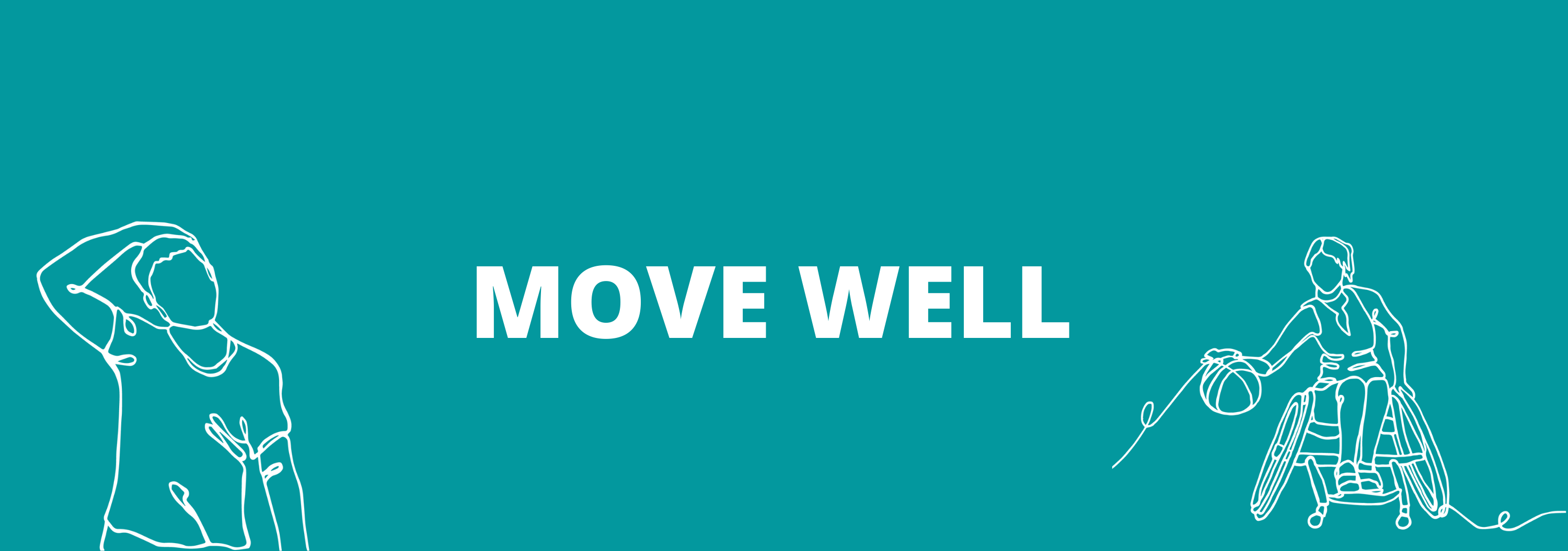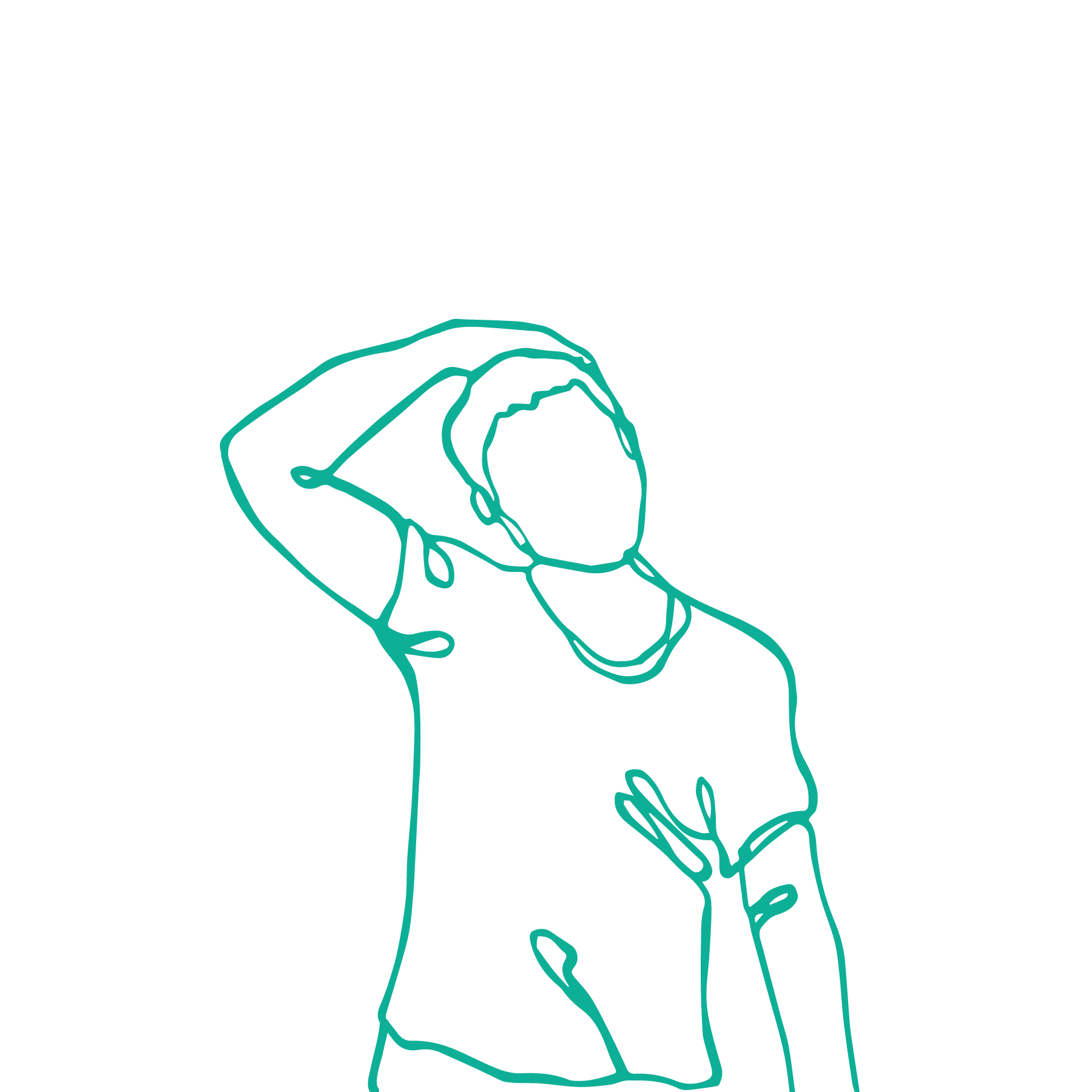Throughout Move UBC month, we talk a lot about moving well—in ways that are comfortable, motivating, and empowering for you as an individual, regardless of level of ability. While we often hear that 20 minutes of moderate to vigorous exercise per day is recommended, it's important to recognize that the amount, intensity, and frequency of physical activity is individual to each person. For some, that might mean a daily run or a game of wheelchair basketball each week. For others, low-impact movements like stretching or standing more throughout the day, might be what helps them incorporate more activity into each day.
Recognizing that all movement is valid, is key to becoming more active. Sometimes people can feel discouraged from participating in physical activity because they don't think they are able to do it in the "right" way. But some movement is better than being sedentary—every stretch, step, and squat helps add up to better overall health and wellbeing. Plus, starting small can help build a foundation for physical activity for life by showing you just how capable you are, and just how beneficial and fun moving more can be!
The "right" way is the way that works for you. Physical literacy starts with developing the motivation, confidence, physical competence, knowledge, and understanding to value and take responsibility for engagement in physical activities for life (The International Physical Literacy Association, May 2014). Physical activity is more enjoyable when we have physical literacy, and we're more likely to keep it up if we're enjoying it!
Inclusivity in Physical Activity and Sport
Physical activity has lots of benefits beyond the body—it can help improve sleep, boost mental health, increase creativity and cognitive function, and even help strengthen our immunity. It can also be a powerful way to support our health and wellbeing, build confidence, and be social. Everyone should be given the opportunity to participate comfortably, equally, and inclusively; physical or mental ability, level of health, size, or fitness level, sexual orientation, gender identity, cultural, racial or ethnic identity, should not be a barrier to engaging in physical activity.
There are ways to create more welcoming, inclusive, and accommodating environments that everyone can be a part of when planning recreational activities or programs, or planning recreational spaces. While UBC Recreation is a primary provider of recreational activities on UBC's campuses, there are many student organizations, clubs, departments, and Faculties that champion and support movement, and who are committed to providing an inclusive, accessible, and respectful environment for all participants. Learn more about how UBC Recreation is committed to providing an inclusive, accessible, and respectful experience for all of its patrons, volunteers, and staff here.
Exploring your relationship with food and body image
Movement and physical activity are closely connected to our relationship with food and body image and play an important role when it comes to our overall health and wellbeing. If you are a student who is struggling with disordered eating, in recovery, or just curious to explore your relationship with food and body image, the Student Recovery Community (SRC) is here to help. This peer-led inclusive space is for students in recovery or curious to explore their relationship with addictive behaviours. The SRC offers a weekly Disordered Eating All-Recovery Meeting. For more information, contact src.recovery@ubc.ca or follow the SRC on Instagram @recovery_ubc.
Recommended resources
UBC Student Recovery Community (SRC)
National Eating Disorder Information Centre
Fighting Eating Disorders in Underrepresented Populations: A Trans+ & Intersex Collective
Book: Sick Enough by Jennifer L. Guadiani
Ways to get started with moving more, moving well
UBC Recreation is committed to providing an inclusive, accessible, and respectful experience for all of its patrons, volunteers, and staff.






